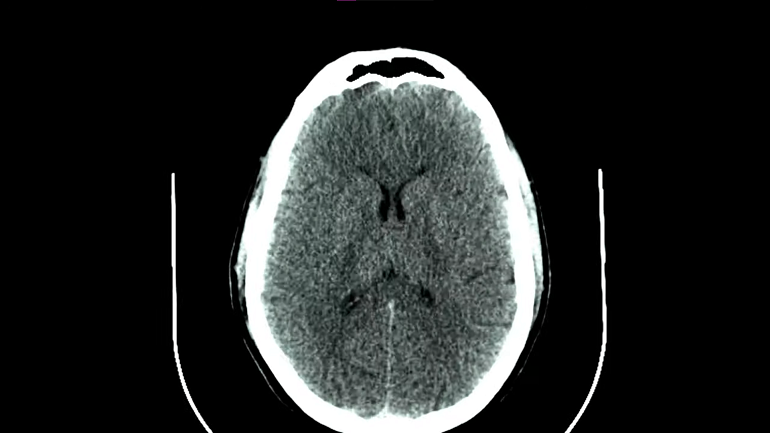
Radiologic Technology Program
Occupational Description: Registered Technologists (RTs) in Radiography (R) produce diagnostic quality radiographs of parts of the human body for use by physicians in diagnosing their patient's health care problem. RTs follow physician orders precisely using a variety of imaging equipment and they conform to regulations concerning the use of radiation in the protection of their patients, themselves, and coworkers.
Career Objective: This is an intensive five semester (22 months) program that prepares graduates to pass the national certification examination in radiography conducted by the American Registry of Radiologic Technologists (ARRT). Upon passing this exam, graduates become eligible for entry level employment in diagnostic imaging departments of hospitals and clinics as Registered Technologists in Radiography.
Degrees and Certificates
Employment Opportunities
According to Occupational Outlook, employment opportunities are expected to grow faster than average nationally. Those with knowledge of more than one diagnostic imaging procedure - such as CT, MR and Mammography - will have the best employment opportunities. Radiologic technologists held about 214,700 jobs in 2008. About 61 percent of all jobs were in hospitals. Most other jobs were in offices of physicians; medical and diagnostic laboratories, including diagnostic imaging centers; and outpatient care centers. Employment of radiologic technologists is expected to increase by about 17 percent from 2008 to 2018, faster than the average for all occupations. As the population grows and ages, there will be an increasing demand for diagnostic imaging.
Earnings
The Idaho mean annual wage of radiologic technologists was $62,370 in May 2021. The middle 50 percent earned between $48,900 and $77,290. The lowest 10 percent earned less than $46,850, and the highest 10 percent earned more than $94,880. Mean annual wages in the industries employing the largest numbers of radiologic technologists in 2021 were:
- Medical and diagnostic laboratories: $66,370
- Federal Executive Branch: $73,990
- General medical and surgical hospitals: $67,410
- Outpatient care centers: $77,580
- Offices of physicians: $59,310
Estimated Costs
Expenses specific to radiologic technology students throughout the training period include books, uniforms, lab fees, travel to and from clinical sites and current insurance. Estimated expenses (not including tuition, insurance, transportation, meals, and lodging) are approximately $1879 (See Below)
Contact the Financial Aid Office for matters involving financial assistance.
Current expenses for tuition and housing are estimated in the current college catalog.
Check the scholarship webpage for additional financial support.
Check with area hospitals for they may offer scholarships to students officially enrolled in CSI health professions programs.
| Expense | Cost |
|---|---|
| Books (Bundled / Savings of $129) | $1300 |
| Scrubs | $150 |
| Markers | $40 |
| Thyroid Shield | $60 |
| Lab Fee (Radiation Monitor Badge) | $150 |
| Student Arm Patch | $6 |
| Student ID Badge Holder | $3 |
| ARRT Credentialing Examination Fee | $225 |
| Background Check & Immunization Tracker | $120 |
| Estimated Total For Program Expenses | $2054 |
